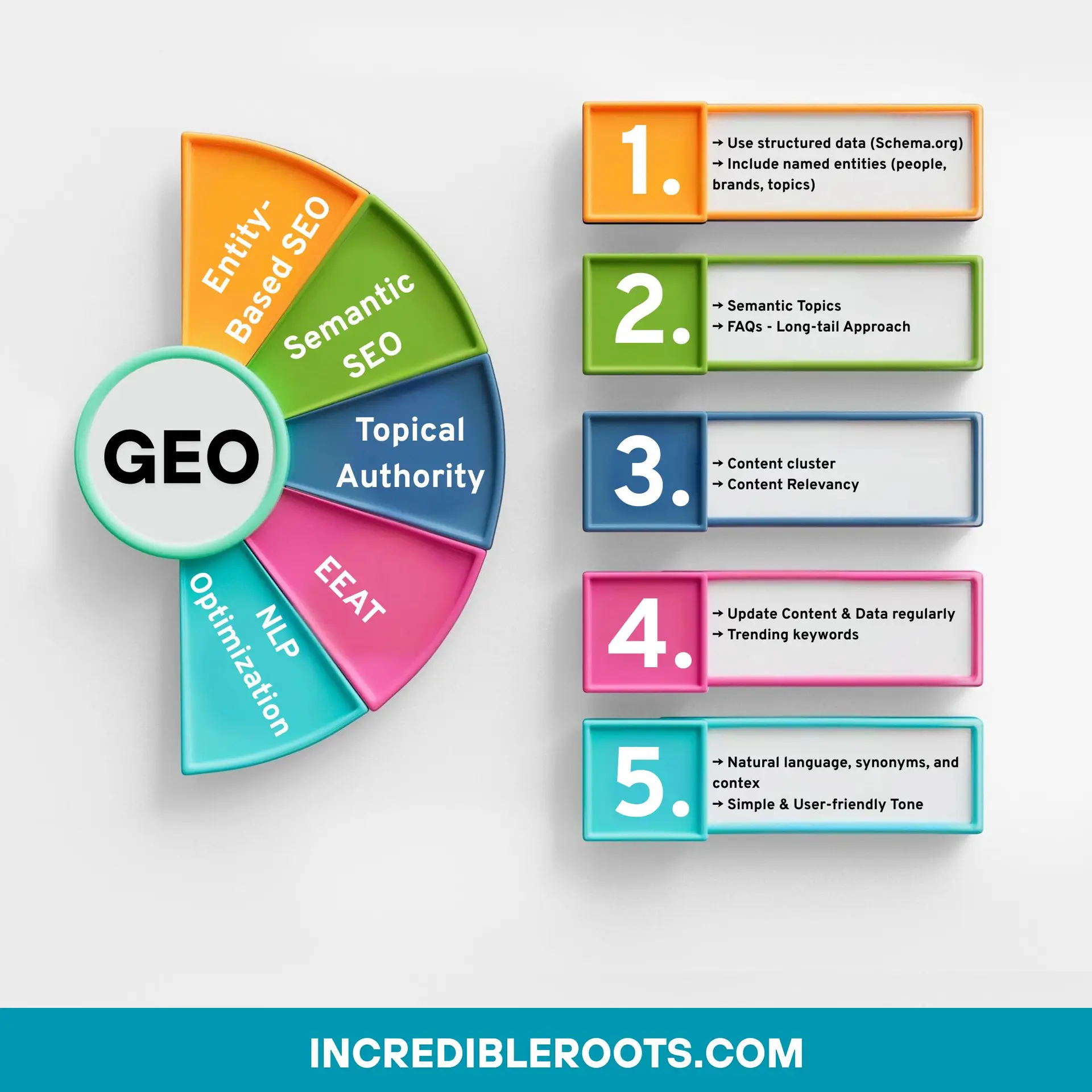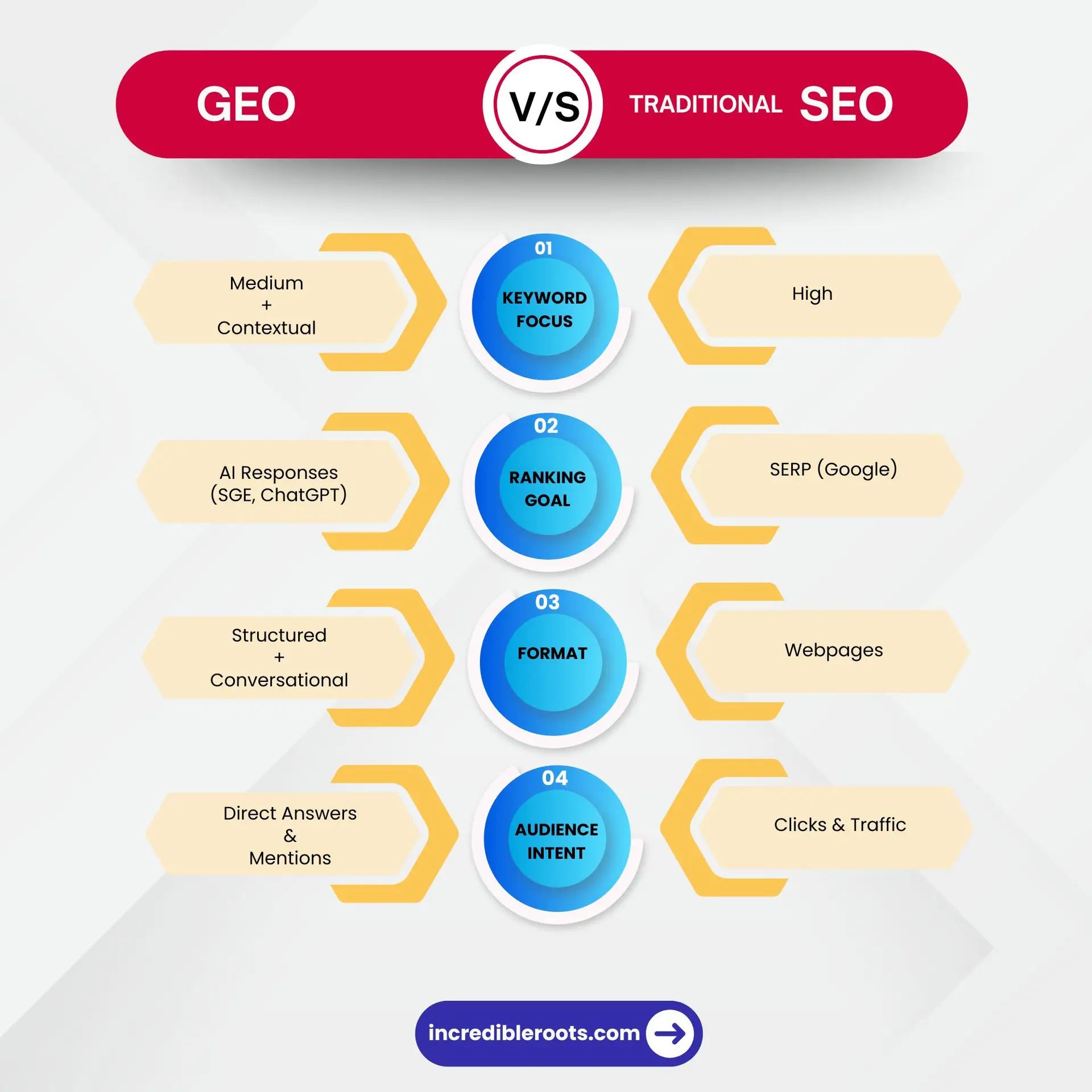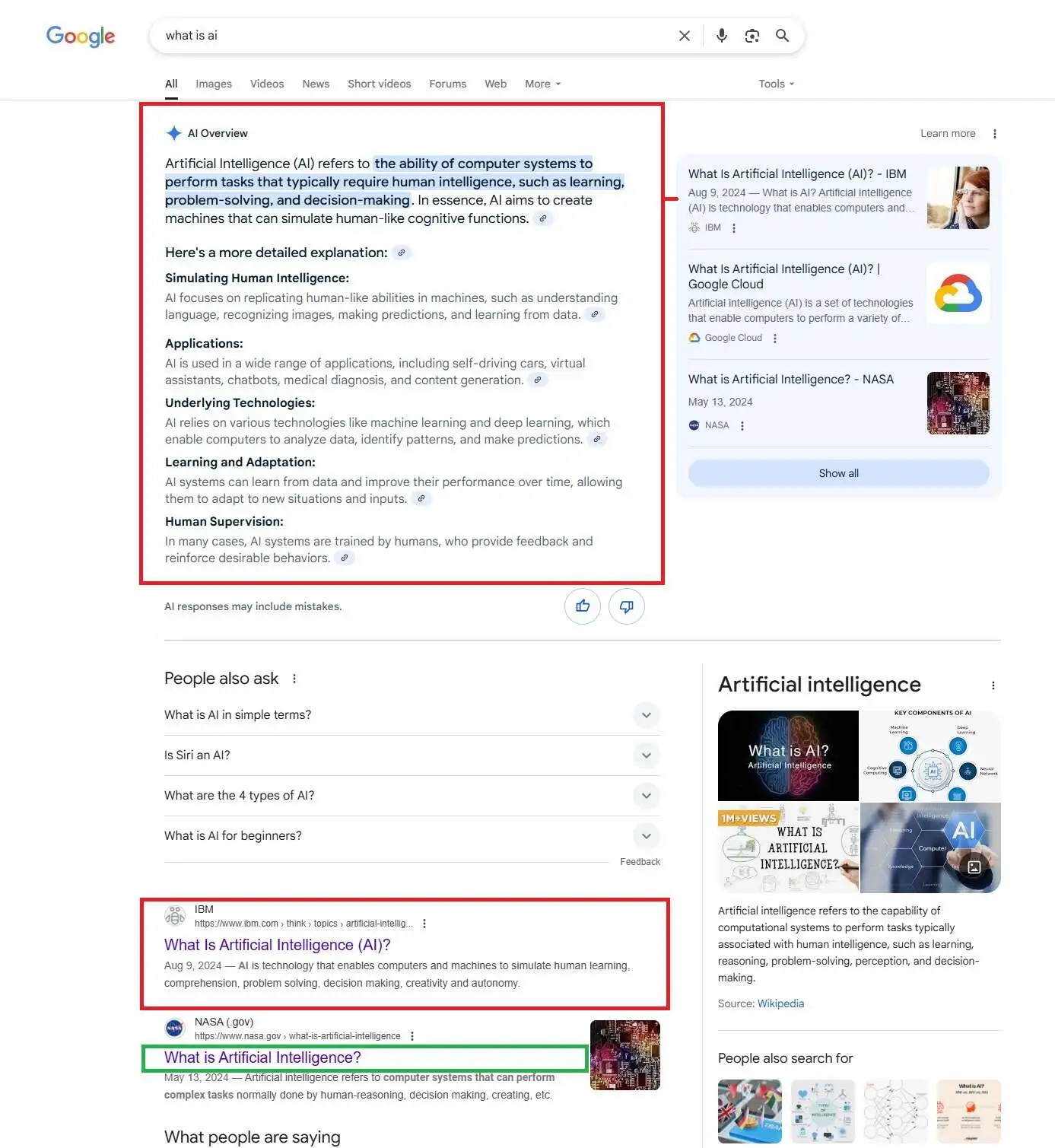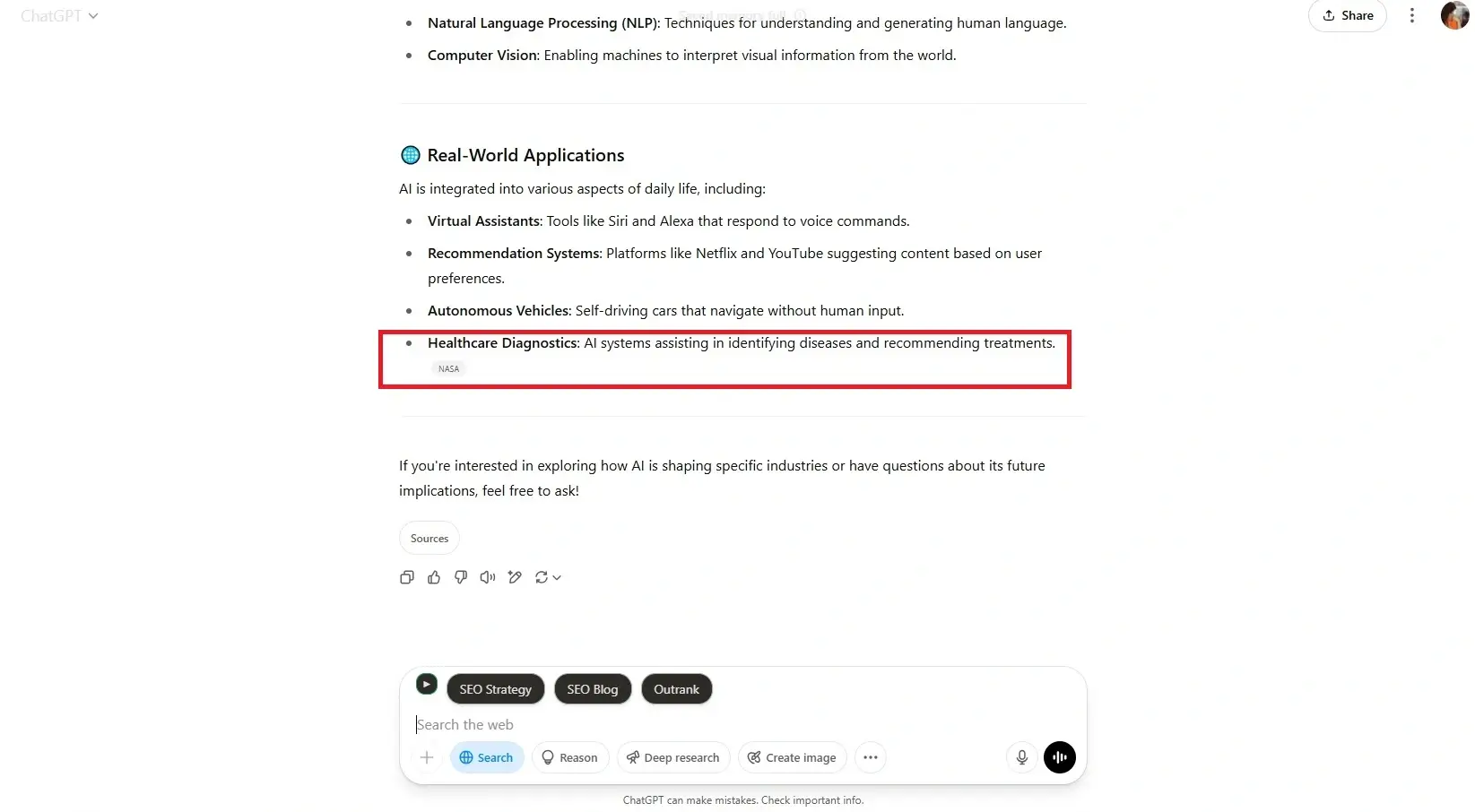Picture this: You’re searching for the best Italian restaurant in your neighborhood, and instead of getting ten blue links, an AI assistant instantly tells you exactly what you need to know. Welcome to the age of Generative Engine Optimization (GEO) – where AI doesn’t just crawl your website, it actually understands and recommends your content to users.
If you think traditional SEO was a game-changer, wait until you see what GEO can do for your business. This isn’t just about ranking anymore; it’s about becoming the answer that AI engines confidently share with millions of users every day.
Why Incredibleroots is Your Perfect Partner for GEO Success
At Incredibleroots, we’re not just keeping up with the latest trends – we’re pioneering them. Our cutting-edge SEO agency has already helped hundreds of businesses transform their online presence, and now we’re leading the charge into the exciting world of Generative Engine Optimization.
What makes us different? We understand that GEO isn’t just a fancy new term – it’s a complete revolution in how people find and interact with information online. Our team combines traditional SEO expertise with AI-ready content strategies that ensure your website doesn’t just rank in Google but becomes the trusted source that AI engines recommend to users.
When you work with Incredibleroots, you’re not just getting an SEO agency – you’re getting a forward-thinking partner who ensures your content is perfectly positioned for both human searchers and AI-powered platforms. Our proven track record includes transforming 20+ hours of manual work into automated SEO silos that consistently deliver results.
What is Generative Engine Optimization (GEO)?
So what exactly is GEO? Think of it as SEO’s smarter, more sophisticated cousin. While traditional SEO focuses on ranking web pages in search results, GEO is all about optimizing your content so AI engines can understand, extract, and confidently present your information to users.
Generative AI platforms like ChatGPT, Bard, and Bing’s Copilot don’t just link to your content – they actually read, comprehend, and synthesize information from multiple sources to create comprehensive answers. This means your content needs to be crystal clear, authoritative, and structured in a way that AI can easily digest and trust.
The most important thing to understand about GEO is that it’s not about tricking algorithms – it’s about creating genuinely helpful content that both humans and AI systems can appreciate and use effectively.

Key Differences Between Traditional SEO and GEO
Traditional SEO was like trying to impress a very logical librarian who organized information by specific rules. GEO, on the other hand, is like explaining complex topics to an incredibly smart student who needs to understand your content well enough to teach it to others.
Here’s where things get interesting: While SEO focused heavily on keywords and backlinks, GEO cares more about context, clarity, and comprehensiveness. AI engines want to understand not just what you’re talking about, but why it matters and how it connects to related topics.
Another major difference is the user experience. Traditional SEO aimed to get users to click through to your website. GEO often means AI engines might provide complete answers without users ever visiting your site – but this isn’t necessarily bad news if you understand how to leverage it properly.
The time frame is different too. SEO results could take months to appear, but GEO changes can sometimes impact AI recommendations much faster, especially for timely or trending topics.

Core GEO Strategies That Actually Work
Let’s dive into the strategies that are making a real difference in the GEO landscape. The first and most important principle is creating what we call “AI-digestible content.” This means writing in a way that’s clear, well-structured, and provides complete answers to common questions.
One powerful approach is the “layered information” strategy. Start with a clear, concise answer that AI can easily extract, then provide increasingly detailed explanations for users who want more depth. This way, AI engines get the quick answer they need, while human readers get comprehensive information.
Another crucial strategy is semantic clustering – organizing your content around topics rather than just keywords. AI engines are incredibly good at understanding relationships between concepts, so building comprehensive topic clusters helps establish your authority in specific subject areas.
Authority building has evolved too. While backlinks still matter, GEO places more emphasis on content quality, expertise demonstration, and consistent, accurate information across your entire website. AI engines are particularly good at detecting contradictions or inconsistencies in your content.
Technical Implementation of GEO
Getting technical with GEO doesn’t mean you need a computer science degree, but understanding the basics can give you a significant advantage. Structured data markup has become even more important in the GEO era because it helps AI engines understand exactly what your content is about.
Schema markup, JSON-LD, and other structured data formats are like giving AI engines a detailed map of your content. When you properly mark up your articles, products, or services, you’re making it much easier for AI to understand and cite your information accurately.
Page speed and mobile optimization remain crucial, but now for new reasons. AI engines often prioritize content from fast-loading, well-optimized sites because they indicate higher quality and better user experience overall.
Internal linking strategy has evolved too. Instead of just passing link equity, internal links now help AI engines understand the relationships between different pieces of content on your site. A well-planned internal linking strategy can significantly improve how AI engines interpret and present your content.
Content Creation for GEO Success
Creating content for GEO requires a shift in mindset. Instead of writing for search engines, you’re writing for AI systems that need to understand your content well enough to explain it to users. This means clarity and structure are more important than ever.
The “question-first” approach works particularly well for GEO. Start by identifying the specific questions your audience asks, then create comprehensive answers that AI engines can easily extract and present. Use clear headings, bullet points, and logical flow to make your content as digestible as possible.
One emerging trend is “conversational content” – writing as if you’re having a friendly chat with your reader. AI engines, especially those trained on conversational data, often prefer content that sounds natural and engaging rather than overly formal or technical.
Don’t forget about multimedia elements. While AI engines can’t “see” images or videos in the traditional sense, they can read alt text, captions, and transcripts. Including diverse content types with proper markup can significantly enhance your GEO performance.
Measuring GEO Performance
Tracking GEO success requires looking beyond traditional metrics. While organic traffic and rankings are still important, you’ll want to monitor new indicators like AI mention frequency, snippet appearances, and conversational search performance.
Tools like agency automation platforms are beginning to include GEO tracking features. These help you understand how often AI engines reference your content and in what contexts.
Brand monitoring has become crucial for GEO. Since AI engines often mention brands and websites directly in their responses, keeping track of these mentions helps you understand your GEO performance and identify opportunities for improvement.
User engagement metrics are evolving too. Time spent engaging with AI-generated content that references your site, return visits, and conversion rates from AI-referred traffic are all becoming important indicators of GEO success.
Common GEO Mistakes to Avoid
One of the biggest mistakes businesses make with GEO is trying to game the system with keyword stuffing or artificially complex content. AI engines are sophisticated enough to detect these tactics and often penalize sites that use them.
Another common error is neglecting content quality in favor of quantity. AI engines prefer comprehensive, well-researched content over numerous shallow articles. It’s better to create fewer pieces of high-quality content than many low-quality ones.
Inconsistency across your website can seriously hurt your GEO performance. AI engines are excellent at detecting when information on your site contradicts itself, which can harm your credibility and reduce the likelihood of being cited.
Ignoring the human element is perhaps the biggest mistake of all. While optimizing for AI engines is important, remember that real people are still the ultimate target of your content. Focus on creating genuinely helpful, engaging content that serves both audiences.
The Future of GEO and What It Means for Your Business
The future of GEO is incredibly exciting. As AI engines become more sophisticated, they’ll better understand context, nuance, and even emotional intent behind searches. This means businesses that invest in GEO now will have a significant advantage as these technologies mature.
We’re already seeing AI engines begin to factor in real-time information, user preferences, and even location data when generating responses. This trend will likely accelerate, making local and personalized GEO optimization increasingly important.
Google is implementing several updates on monthly basis and it has impacted the SEO industry in a drastic manner, hitting millions of websites, this has directly impacted the traffic overall. But GEO grabs ideal approach from Google ranking factors, after all, Google is the boss and they have proper mechansim to rank pages on different basis.
- Google AI will rank the high DA pages/websites
- The content should be fresh and well researched
- Citation can help the page properly
Let’s see the impact of AI and how it has changed ranking factors these days.

If we check the term “What is AI” it shows IBM right on top of the search, and below AI, again IBM again ranks but on the 2nd place, NASA is ranking, do you why NASA is ranking on 2nd spot.
- High DA
- Perfect Content
- Uniqueness
- Keyword Relevancy
- Relevant Backlinks
Since these websites are highly reputed so AI ranks them well on top of the search. If we search the same term in Chat GPT, it will shows different results each times, but I found something good and that is the freshness and EEAT, suppose NASA page was ranking just because of this different and unique information included in their article “What is Ai?”

The integration of voice search, visual search, and AI-powered shopping assistants will create new opportunities for businesses that understand GEO principles. Those who adapt early will capture market share from competitors who stick to traditional SEO approaches alone.
Ready to Dominate the GEO Landscape in Arizona?
The world of digital marketing is evolving faster than ever, and GEO represents the next major frontier. Whether you’re a small business in Phoenix, a growing company in Tucson, or an established enterprise in Scottsdale, implementing effective Generative Engine Optimization strategies isn’t just an option – it’s essential for staying competitive.
Our digital marketing experts understand the unique challenges businesses face in Arizona’s competitive marketplace. We’ve helped companies across the state transform their online presence and capture more qualified leads through strategic GEO implementation.
Don’t let your competitors get ahead while you’re still playing by old rules. Our comprehensive approach combines traditional SEO expertise with cutting-edge GEO strategies, ensuring your business is visible and authoritative across all search platforms – both traditional and AI-powered.
Ready to see what GEO can do for your business? Contact us today for a free consultation and discover how our proven strategies can help your Arizona business thrive in the age of AI-powered search. Your future customers are already asking AI engines for recommendations – make sure they’re getting yours.


